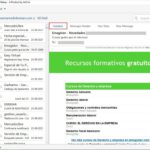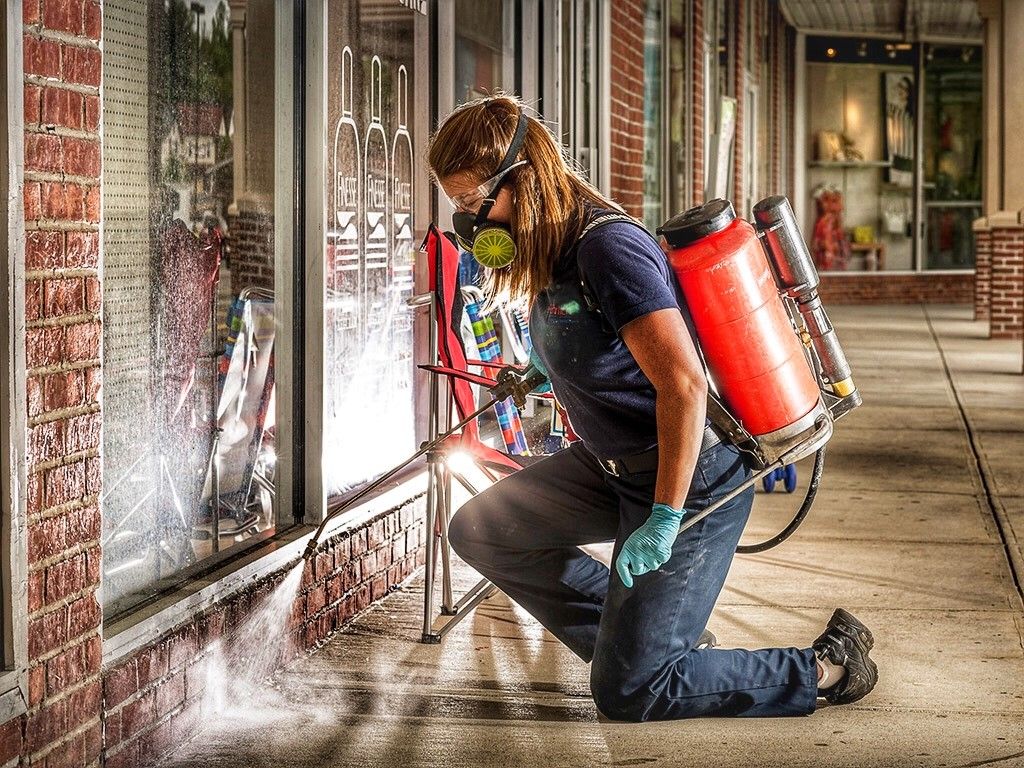For a family with an NDIS participant, dealing with behaviours can be overwhelming. Enter Positive Behaviour Support (PBS). Positive behaviour support NDIS services in Queensland form the bedrock of the National Disability Insurance Scheme (NDIS) that signifies a paradigm shift for improving the lives of individuals with disabilities through addressing challenging behaviours in a respectful, empowering, and proactive manner. This guide explains Positive Behaviour Support (PBS), its value, and how it can change lives in the NDIS.
What is PBS (Positive Behaviour Support)?
Positive Behaviour Support (PBS) is an evidence-based approach that seeks to understand and identify the root causes of challenging behaviours. Designed to empower people with disabilities, it is focused on developing individualised approaches to achieve positive outcomes. In contrast to reactive methods like physical restraint, PBS focuses on prevention, skill-building, and environmental changes to promote sustainability in the long run.
The NDIS Behaviour Support practitioners collaborate with participants and their families to ensure that behaviour support plans are developed that meet their specific needs. These are meant to promote independence, getting people out and more engaged.
Positive Behaviour Support within the NDIS
The NDIS acknowledges the role Positive Behaviour Support (PBS) plays in enabling NDIS participants to lead meaningful lives. Because it funds NDIS behaviour support services, the scheme ensures that individuals can access specialist behaviour support whenever they need it.
PBS with the NDIS (Framework)
Decreasing Challenging Behaviours: PBS seeks to identify and address the root causes of behaviours and reduce their occurrence and severity.
Positive Behaviours are Rewarded: PBS promotes positive behaviours through skill-building and reinforcement.
Increase Quality of Life: By enabling people with disabilities to work towards their goals and full participation in society through supportive environments, PBS is helping people with disabilities achieve their goals and become more fully involved in society.
Minimise Restrictive Practices: The PBS model encourages the use of non-restrictive interventions to reduce the need for physical restraint or other restrictive practices.
Positive Behaviour Support for NDIS Participants
Individualised Support
Every NDIS participant is different, and their needs are too. Behaviour support specialists at NDIS collaborate with individuals and their families to create behaviour support plans that are customised to their needs. This creates a unique solution for every athlete and identifies what is most likely to have a real impact.
Improved Relationships
Challenging behaviours can put a strain on the relationships between people with disabilities and their families, carers, or peers. The work of PBS is helping to enhance these relationships—appetising understanding, communication, and collaboration.
Greater Independence
PBS helps the NDIS participants gain more independence by addressing the underlying causes of challenging behaviours and teaching new skills. This can range from self-care routines to social interactions.
Safer Environments
Person-Centred Planning and Support: Where PBS sees the outcomes is in the development of safe and supportive environments that include people with disabilities in all aspects of life. PBS supports the ‘just culture,’ which promotes the idea of following a system of values where mistakes are seen in a context of dignity, respect, and inclusion while minimising the use of physical restraint and other restrictive practices.
Long-Term Solutions
As opposed to temporary measures, PBS focuses on long-term solutions that are designed to last. PBS enables NDIS participants to reach meaningful and lasting changes by treating the root cause of behaviours and teaching more appropriate skills to replace them.
Development of Positive Behaviour Support Plans
Behaviour support plans are developed in a collaborative process involving behaviour support practitioners and NDIS participants and their families. Here’s how it works:
Assessment
The first step is to carry out a comprehensive evaluation of the person’s needs, strengths, and challenges. That may involve interviews, observations, and past behaviour reviews.
Goal Setting
Based on the assessment, the behaviour support specialist NDIS collaborates with the member and their family to develop clear, actionable objectives. They inform the process of draughting the plan.
Strategy Development
A behaviour support practitioner develops strategies to reduce challenging behaviours and encourage positive behaviours. This might involve changing aspects in their environment, strategic practice, and/or rewards.
Implementation
After the plan is finalised, it is executed. NDIS Behaviour Support Specialist The one who provides support services continues to monitor the implementation of the strategies.
Review and Adjustment
PBS is an ongoing process. The behaviour support plan is reviewed regularly and revised as required.
How to Find NDIS Behaviour Support Services
When searching for NDIS behaviour support services near me, it is essential to select an NDIS-registered provider that possesses the expertise to provide Positive Behaviour Support (PBS). To guide you toward the right support, here are some tips:
- NDIS Registered Behaviour Specialist Services: Make sure the provider is registered with the NDIS and provides NDIS registered behaviour specialist services.
- Look for Professionalism: Always select a positive behaviour support service that excels in having qualified experts who are able and ready to work with your beloved people with disabilities.
- Seek Recommendations: Contact other NDIS participants or disability support networks and ask for recommendations.
- Assess Their PBS Approach: Ensure that the provider is compliant with PBS principles and provides non-restrictive practices.
The Family Experience of Positive Behaviour Support
The success of PBS is also largely due to families. Through establishing working relationships with the behaviour support specialists NDIS has in place, families can better understand the needs of their loved one and adopt supportive strategies. This practice not only benefits the individual but also alleviates stress and enhances relationships among family
Conclusion
We are trained in a transformative approach that works to improve the lives of these NDIS participants and their families: Positive Behaviour Support (PBS) Through the use of proactive and respectful strategies for addressing challenging behaviours, PBS enables people with disabilities to reach their goals, have good social relationships, and live more independently.
If you or a family member can benefit from positive behaviour support NDIS services, contact a qualified provider today. Ultimately, with the appropriate help, you can remove obstructions and develop a more effective and rewarding lifestyle.




